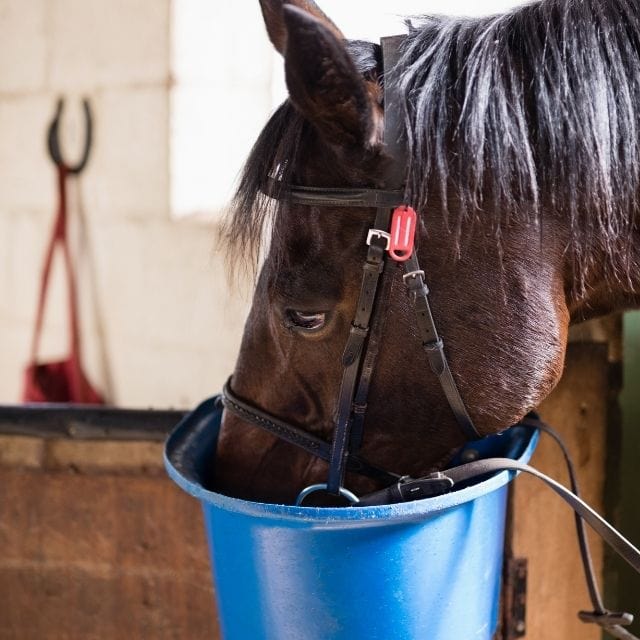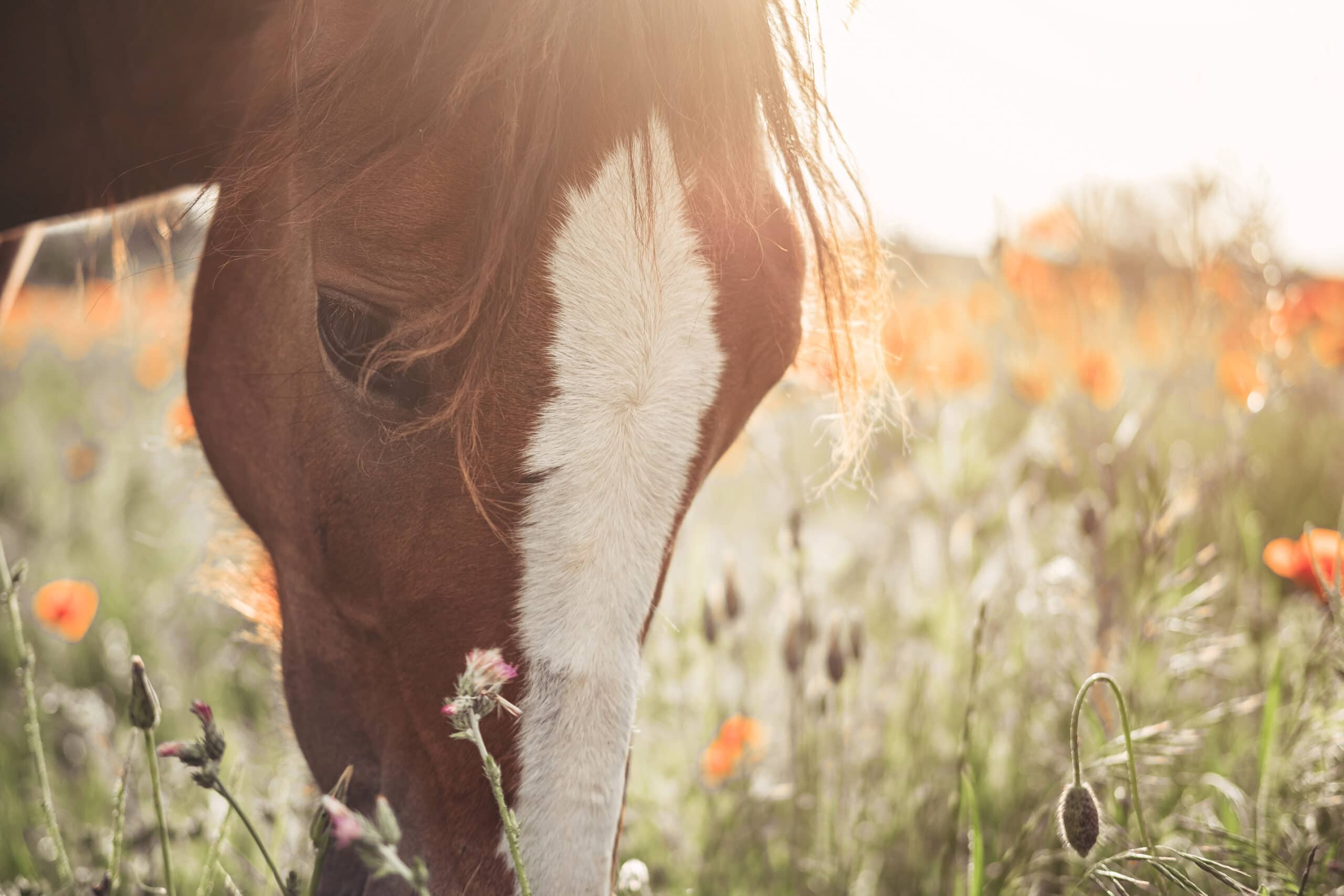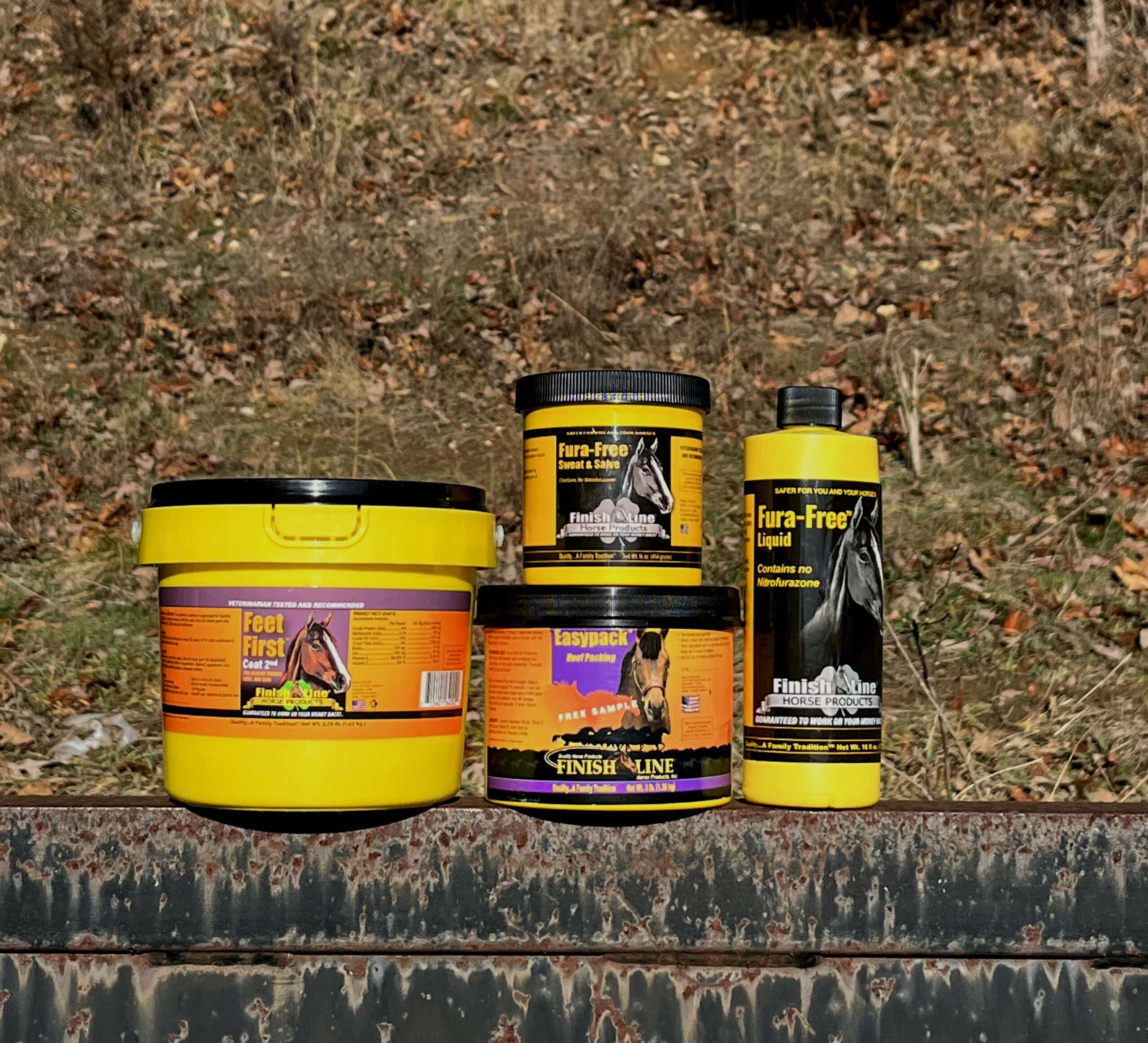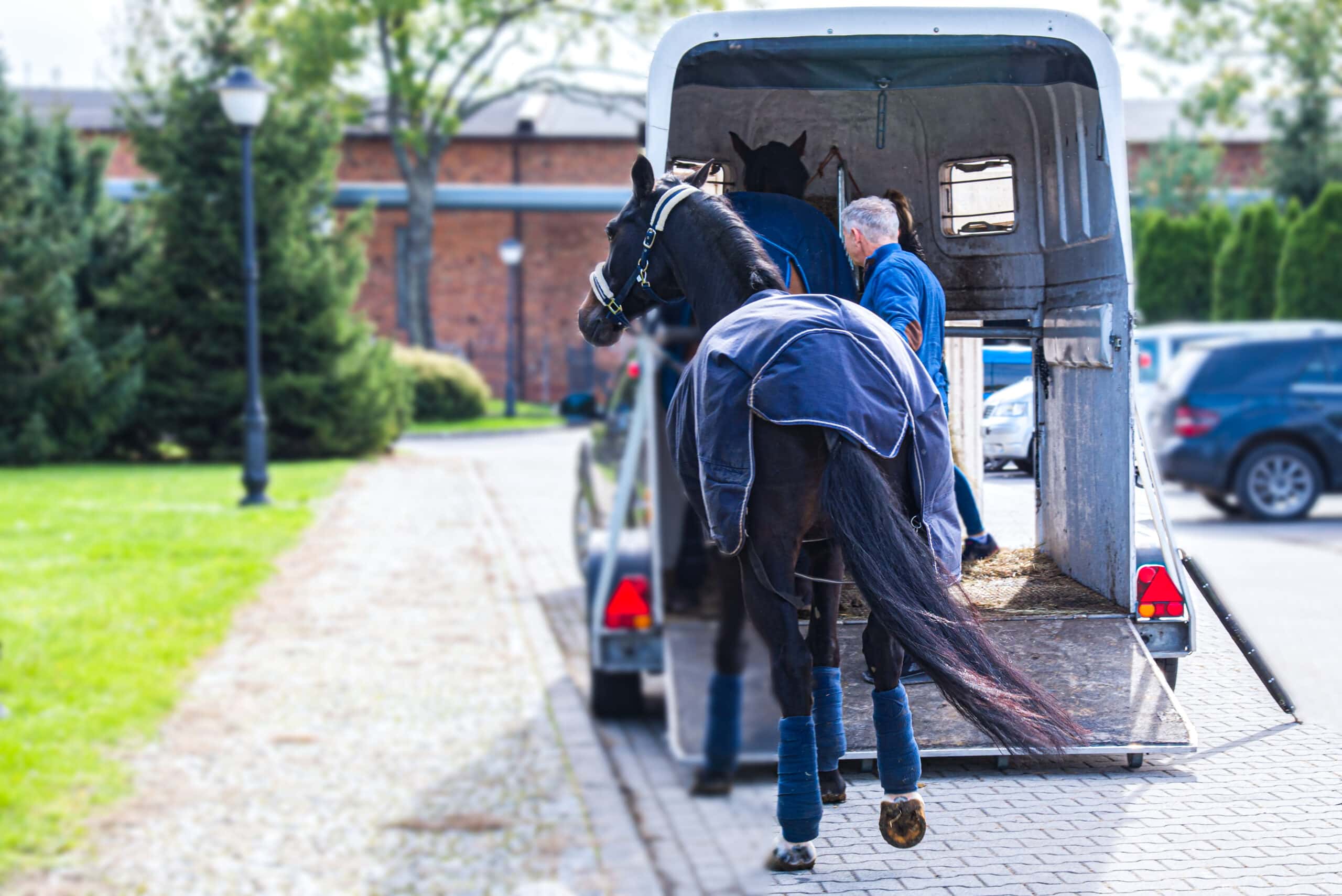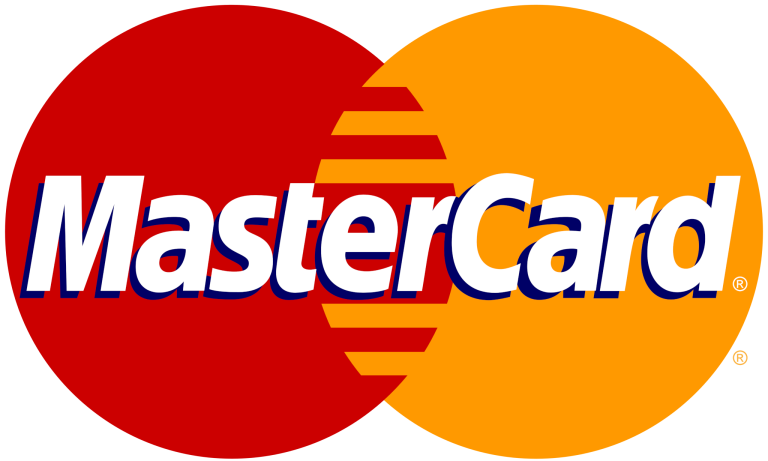Every horse is different and as such, its nutritional needs can vary drastically depending on a number of factors like its work, diets and environment.
Maintaining adequate levels of vitamins in horses’ systems is a vital part managing their overall health. However, the topic of feeding additional vitamins is an area scientists still strive to understand. This can leave owners confused or skeptical about how to ensure their equines do not suffer from vitamin deficiencies.
In short, the necessities for vitamin supplementation change on a horse-to-horse basis.
Vitamin basics
Vitamins are organic compounds that are essential for normal growth and body functions of all animals. When extra vitamins are needed, they are only required in relatively small doses because they can be acquired mainly through a horse’s standard diet of good-quality hay and pasture grazing.
According to the University of Minnesota Extension, these organic materials are divided into two categories – fat-soluble vitamins, which include A, D, E and K, and the water-soluble vitamins C and the B-complex varieties such as thiamine and riboflavin.
The National Research Council released the Nutrient Requirements of Horses report in 2007, which highlights estimates for the daily requirements of many of the mentioned vitamins. The information was provided to owners as a way to help prevent dietary deficiencies; however, the dosages are principally dependent on a horse’s overall health, daily food intake and activity levels.
Vitamin breakdown
“Vitamin C levels may drop if a horse is stressed because the body’s ability to produce the nutrient diminishes under pressure.”
Here is a quick rundown of what certain vitamins do, where they can be found naturally and when external supplementation may be necessary:
Vitamin A
Vitamin A helps facilitate cellular growth, is important for proper muscle function and keeps mucous membranes healthy, according to Horse and Rider. It also aids vision and reproductive functions.
It is derived from the beta-carotenes found in fresh pasture and hay. Horses can store this vitamin in their livers for months at a time and use it as needed when pastures are unavailable. A horse that has been without green forage access for quite a while may need a vitamin A supplement; however, horses with pasture access and high-quality hay rarely require it.
B vitamins
This group of vitamins helps metabolize proteins, fats and carbohydrates in horses and allows them to produce the energy they need to survive. These compounds are produced by bacteria inside the large intestine and can also be found in pasture and hay. Equinews reported that vitamin B1, or thiamine, can calm nervous horses. Vitamin B12 is associated with energy and performance factors and hypothesized that supplementation may help horses achieve optimal levels of the vitamin in their systems.
Horses in heavy work or those with poor digestive health may benefit from vitamin B supplementation. Finish Line Horse Products offers targeted vitamin supplements to owners wishing to supply specific B vitamins to their horses such as Thia-Cal for vitamin B1 and Stretch Run Plus for vitamin B12.
Vitamin C
This vitamin protects the body’s cells from damage and aids in the formation of collagen. It is synthesized naturally in the liver from glucose molecules. Vitamin C levels may drop if a horse is stressed because the body’s ability to produce the nutrient diminishes under pressure. Supplementation may be necessary in such cases.
Vitamin D
Vitamin D aids in the protection of bones and joints by absorbing calcium from the small intestine. Exposure to UV light from grazing outside six to eight hours a day can produce adequate levels of the vitamin.
Added dosages of the nutrient are necessary for young foals as they grow, as well as for performance horses. If either is kept inside for a time, supplementation may be necessary.
Vitamin K
This vitamin has a variety of benefits, but one of its most important is allowing for the proper function of the equine’s blood-clotting systems. Like vitamins A and B, this nutrient is also derived from hay and pasture feeding. It is also produced by bacteria in the horse’s large intestine.
A lengthy bacterial infection or disease can create a need for supplementation. A product like Finish Line’s K-C & More can provide necessary nutrient dosages of vitamins C and K.
Owners should use their best judgment to decide if multivitamins are necessary. There may be instances when horses need the extra vitamins to stay healthy because standard forage is not enough. These conditions may necessitate supplementation of several key vitamins. A product like Finish Line’s Ultra Fire, which contain vitamins C, B-complex, A and K, can help owners correct multiple deficiencies.



